
is walt disney frizen
Rumors of Walt Disney being frozen have circulated for years, with no concrete evidence to support the claim. Despite the fantastical idea, the truth of Disney’s resting place remains shrouded in mystery.
Blog

Rumors of Walt Disney being frozen have circulated for years, with no concrete evidence to support the claim. Despite the fantastical idea, the truth of Disney’s resting place remains shrouded in mystery.

When someone dies without a will, their assets are distributed according to the intestacy laws of their state. This can lead to confusion and disputes among family members. It is important to plan ahead and create a will to avoid such situations.

Body Disney is a term used to describe the idealized versions of bodies portrayed in Disney movies. These characters often have unrealistic proportions and flawless features, leading to criticisms of perpetuating unrealistic beauty standards.

Pourover trust is a legal term referring to a trust that is created through a will, allowing assets to “pour over” into the trust upon the grantor’s death. This type of trust can provide flexibility and privacy in estate planning.

Step into the world of an estate sales person, where every item tells a story and every sale is a chance to connect with the past. Join us as we explore the unique challenges and rewards of this fascinating profession.
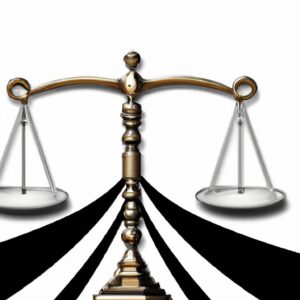
In a deed of trust, the trustor is the individual or entity that borrows money to purchase real estate and places the property as collateral. The trustor holds legal title of the property until the loan is repaid.
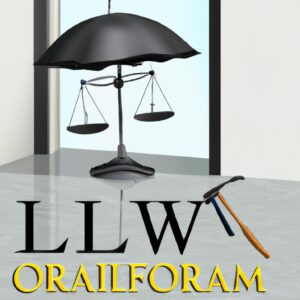
Survivorship trusts provide a unique way for individuals to protect their assets and ensure their loved ones are taken care of after they pass away. By transferring assets into a trust, beneficiaries can avoid probate and potential challenges to their inheritance.
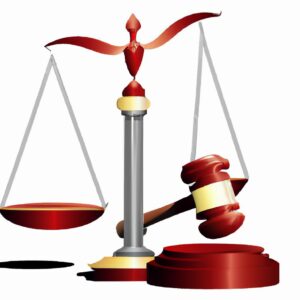
Deeds real estate are legal documents that transfer ownership of property from one party to another. These documents are crucial for proving ownership and protecting property rights in the real estate market.

Contesting a will can be a complex and emotional process. While you’re not legally required to have a lawyer, their expertise can be invaluable in navigating the legal system and ensuring your rights are protected.
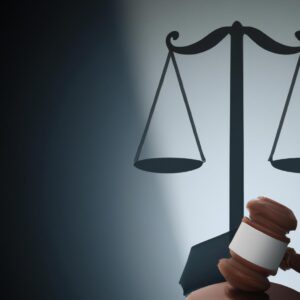
Probate can be a confusing process, especially when it comes to determining which items will pass through. Items such as real estate, vehicles, and bank accounts typically pass through probate, while assets held in a living trust or with a designated beneficiary may avoid it.

As people age, the fear of nursing home costs draining their retirement savings looms large. With careful planning and foresight, one can protect their hard-earned funds and ensure a secure financial future in their golden years.

Thinking about passing down your home to your children to avoid inheritance tax? Before you make any decisions, it’s important to understand the potential implications and seek advice from a legal professional.
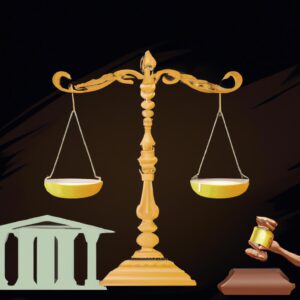
Are you curious to know if a will has been filed? The process may seem daunting at first, but with a few simple steps, you can easily find out if a will exists and has been filed.

Losing a parent is a heartbreaking experience that no one is ever prepared for. In the midst of grief, it’s important to take care of practical matters. Here’s what you need to do when a parent passes away.
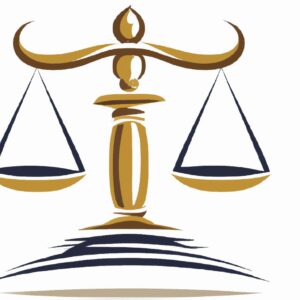
If you’re looking to uncover the history of a property, you can easily find the deed for free online. By visiting your local county assessor’s website or using a reputable property records website, you can access this valuable information with just a few clicks.

When it comes to estate planning, many may be tempted to leave family property to their children. However, doing so can create conflicts, financial burdens, and emotional stress. Here are some reasons why you should reconsider this decision.

Embarking on the probate process without an attorney may seem daunting, but with the right guidance, it’s entirely possible to navigate it successfully. Here are some tips to help you through the process on your own.

A trust in a will is a legal arrangement where assets are managed for the benefit of a beneficiary. It allows for the distribution of assets to be controlled and protected, ensuring the wishes of the deceased are carried out.
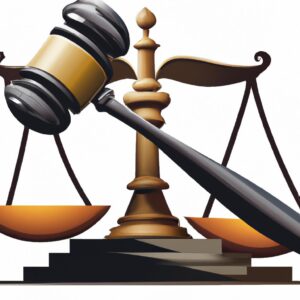
Interspousal transfer deeds in Texas allow for the seamless transfer of property between spouses. This legal document plays a crucial role in property transactions, ensuring a smooth and efficient process for married couples looking to transfer ownership.
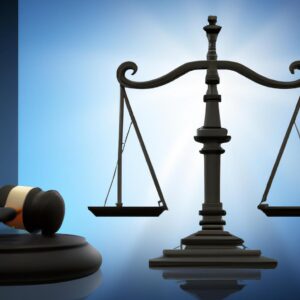
A trustee’s job description is varied and challenging, involving managing assets, making financial decisions, and ensuring the organization’s mission is upheld. Trustees must possess strong leadership and communication skills to effectively fulfill their duties.

A revocable living trust can impact a Medicaid spend down process by allowing individuals to protect assets while still potentially qualifying for benefits. The flexibility of a trust can provide peace of mind for those navigating the complexities of Medicaid eligibility.
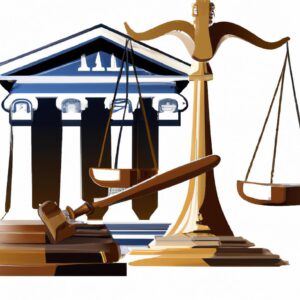
When a homeowner passes away, their house goes through a transition period. Legal processes like probate and estate distribution come into play, determining the fate of the property. Potential scenarios include selling, transferring ownership to heirs, or being left unattended.
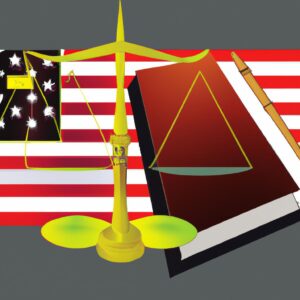
When someone passes away without a will, their estate is divided according to state laws. This can lead to complications and disputes among family members. It’s essential to have a will in place to ensure your estate is distributed as you wish.
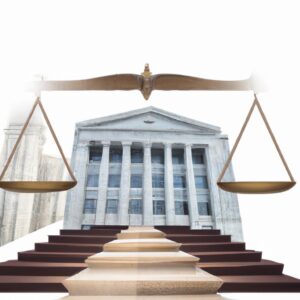
Changing your will without a lawyer can be a daunting task, but it is possible with the right guidance. By using online templates and following state laws carefully, you can update your will on your own terms.

When a loved one passes away and there is no money for a burial, families are left with tough decisions. From seeking out low-cost options to exploring financial assistance programs, the struggle to provide a dignified farewell is both heartbreaking and daunting.
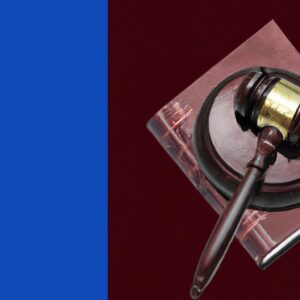
Finding the right words to say to a neighbor who has lost her husband can be difficult. Offering simple condolences and letting her know you are there for support can make a world of difference during this painful time.
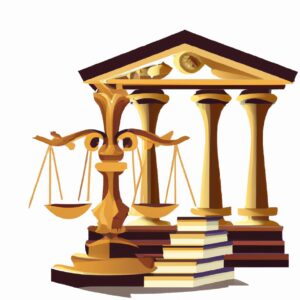
A deed of death transfer allows the transfer of property ownership upon the death of the original owner. This legal document ensures a seamless transition of assets to beneficiaries.

Being bonded for an estate signifies a level of trust placed in someone to handle the affairs of an estate. It is a legal requirement to ensure protection for the estate’s beneficiaries.

When a loved one passes away without a will, navigating the legal process of intestate probate can be overwhelming. An intestate probate lawyer can help you understand your rights and guide you through the complexities of distributing the estate.

Probate can be a mysterious and daunting process for many, but it doesn’t have to be. Understanding whether or not you need to probate a will is essential in carrying out the wishes of your loved one.